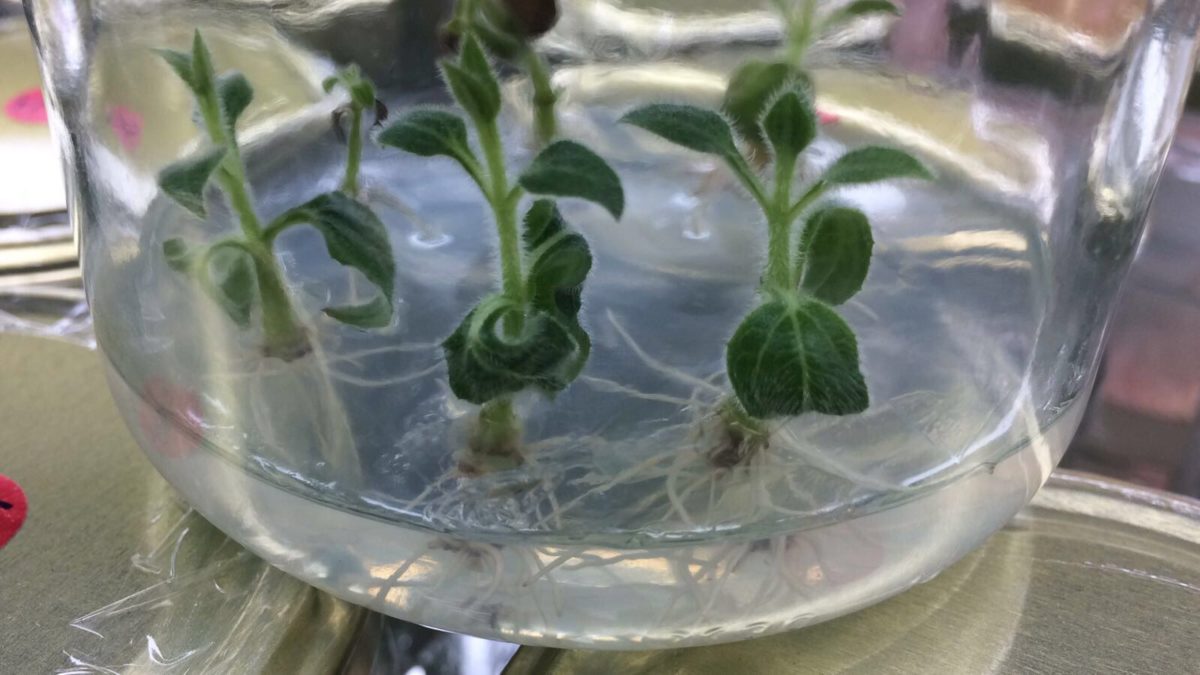Today’s Babylon
Through the millenia the source of our food has been moving more and more into professional farming and distribution chains leaving its consumers to focus on their every day occupations. This is a reasonable and logical progression in a changing society. However to lose touch with where our food comes from entirely is not necessarily a positive thing and even can reduce appreciation and fulfilment of some human enjoyment of this food. Of course not for everyone but some in recent years have yearned for this closer contact. In the following post we explore that perhaps some of this yearning has a deeper rooted reason and with so many people moving from one culture to another for work or other reasons, dietary disruption is widespread. For one lady, lucky enough to have a wealthy husband, the following story unfolded. Was she the first plant based, organic gardening enthusiast recorded in history?
The Hanging Gardens of Babylon also known as Hanging Gardens of Semiramis and the walls of Babylon (near present-day Al Hillah in Iraq) are considered one of the original Seven Wonders of the World. They were built by Nebuchadnezzar II around 600 BC. He is reported to have constructed the gardens to please his wife, Amytis of Media, who longed for the trees and beautiful plants of her homeland. The gardens are reputed to have been destroyed in an earthquake after the 1st century BC. However this desire to have such a place and this longing for beautiful spaces has not changed through the passing of time.
As food producers, gardeners and food and plant supply chain professionals we have developed a strategy to highlight and respond to this real need. There is an increased trend towards people using their living spaces as places of refuge and comfort and now food security. The trend even if not extensive is very clearly manifesting. Are people longing for the once familiar safe feeling provided by natures cocoon, a knowledge that what they eat is not contaminated by over exploitation of earths resources and worse by chemicals they clearly do not trust? No matter how streetwise, world hardened and sophisticated we have become, for most that longing is still in our genetic makeup. The time may be right more than ever before to give people what they want and explain more clearly we are providing a unique service more than just the obvious physical goods. The collaboration between plant producers, farmers, retailers, architects, designers and landscape contractors come together to provide that place whether it be on the scale of Babylon or your own tiny urban / rural garden cocoon and source of local food production even if only serving a portion of the daily needs or reducing the food miles of millions of tonnes of fresh produce and processed produce.
Have governments understood this human need fully? This need is greater during times of trauma be they economically induced or similar to the needs of Amytis of Media all those centuries ago.
We have been reading stories from all over the world where our wise leaders have been cutting back on spending on parks and public gardens, basic housing provision in crisis in many developed countries. With tighter budgets large and small businesses may also underestimate or ignore the need for these spaces for staff to unwind before, during or after their working day.
Isn’t there some economic formula which says supply should be dictated by demand and or need? There is enough research to show that investment in nature and creating natural spaces are always wise investments financially. Investment in the manufacture of buildings, cars, planes and other products such as financial packages have historically taken priority and I guess that is how the world is. Or was! It didn’t work fully to our favour and maybe now is a good time to tweak towards natural solutions to old problems.
Can we ever look forward to a time when policy dictates the public and private planted environment buildings and streets can be accommodated within the plan rather than making nature fit our buildings and streets? Urban Agriculture and vertical farming is taking advantage of the huge technological leaps achieved in recent years but our planned environment is not keeping pace.
The environmental age has arrived, people want nature more part of the sustainability solution when they go home, or indeed go to work, eat fresh produce, grow some fresh produce and enjoy diversity. This is all more possible in urban environments than ever before.
Nature does not just provide us with a means to energy we use to power our appliances it also gives us the energy provided by well being of our diet.
The good news for mankind is that there is an ample supply of skilled businesses that can supply such a services that will be able to harness renewable resources to provide both forms of energy.
Our business is to simply and effectively provide a diversity of plants that will fit in your immediate diet and environment and we take it seriously.
To see how we scale forgotten crops to levels of commercial viability, click here.


